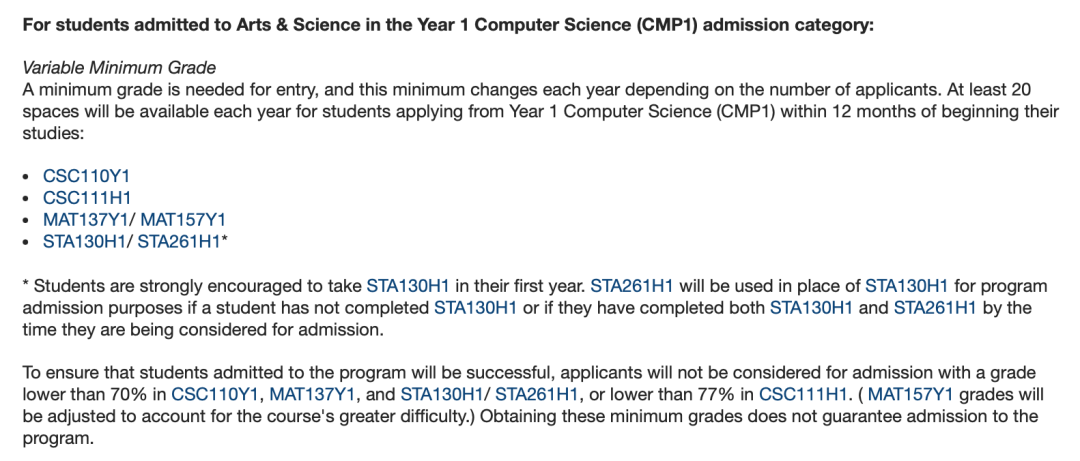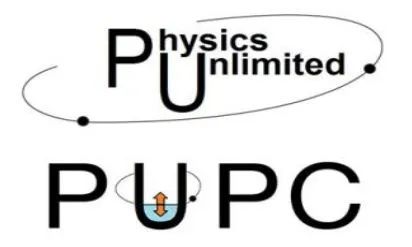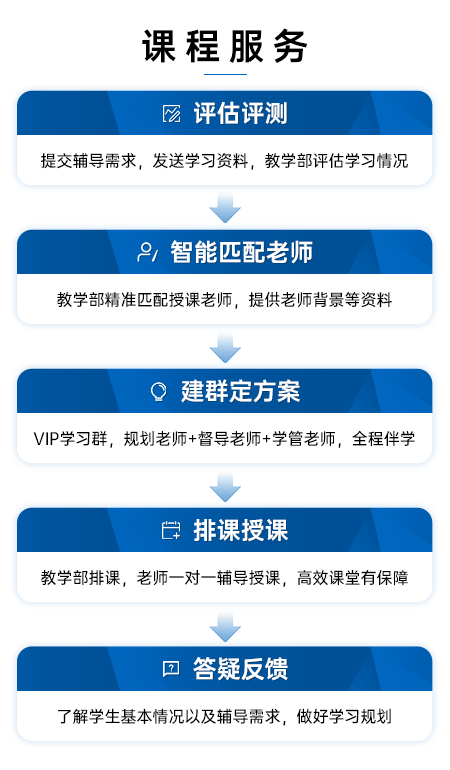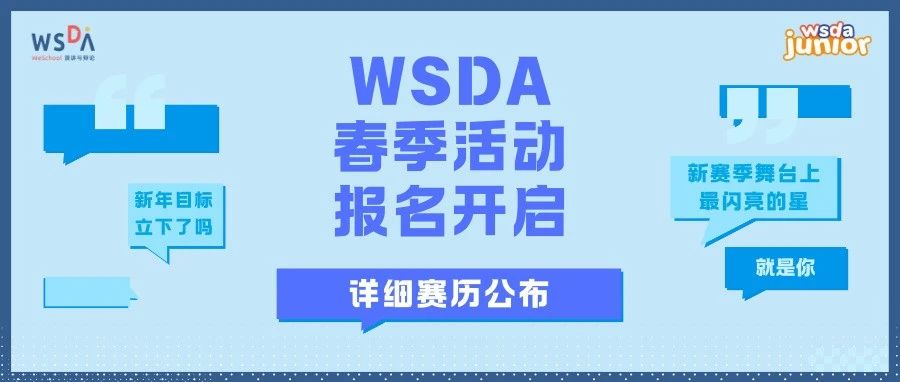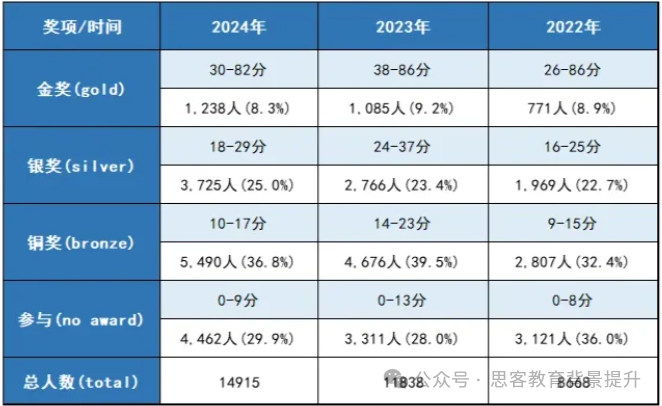PUA这个词从美国流传而来,在中国已经火了好几年。但你可知道,这个词背后隐藏着丰富的社会文化内涵,值得我们从社会学、语言学的角度深入探讨。从日常生活、流行文化中提取研究素材,是人文社科学者需要具备的素养。今天Blue就抛砖引玉,和大家分享对于PUA一词的文化研究思路。
Semantic Shifts and Sociocultural Dialogues: A Comprehensive Examination of the Term 'PUA' Across Cultural Borders
Language is an essential element of culture that evolves and changes alongside society. Words can acquire new meanings, travel across borders, and even inspire socio-cultural movements. One intriguing example of this phenomenon is the journey and metamorphosis of the term "PUA" from its origins in American pick-up artist culture to its current usage in the Chinese lexicon.
语义转变和社会文化对话:对 "PUA "一词跨越文化边界的全面考察
语言是文化的一个基本要素,与社会一起发展和变化。一个词语产生后,可能在流变中获得新的含义,跨越国界,甚至激发社会文化运动。这种现象的一个生动例子就是 "PUA "一词的流变。它起源于美国的搭讪文化,后来流传到中国,在中国文化语境中产生了蜕变。
Emergence and Evolution of 'PUA' in Western Societies
The acronym "PUA," initially standing for "Pick-Up Artist," emerged in the United States towards the end of the 20th century. The term was coined to label a community of men who claimed expertise in, and often taught, techniques for attracting women. The concept gained significant traction following the 2005 release of Neil Strauss's book, "The Game: Penetrating the Secret Society of Pickup Artists," which presented an insider's perspective on this community.
Initially, the PUA movement was perceived as a form of self-improvement, with its advocates purporting it as a method to overcome social anxiety and improve interpersonal skills. Over time, however, the movement began to attract criticism for its methods, which were seen as manipulative and objectifying. Critics pointed out that the tactics often involved negging—a technique involving backhanded compliments intended to undermine an individual's self-confidence—and other psychological manipulation strategies. This shift from a focus on self-improvement to the use of manipulative tactics marked a significant change in the perception of the PUA concept and paved the way for its cultural migration and transformation.
PUA 在西方社会的出现和演变
"PUA",最初指代的是 "搭讪艺术家"("Pick-Up Artist")。在20世纪末出现在美国。这个词被创造出来,用来标示那些声称在吸引女性方面有专长,并经常教授相关技巧的男性群体。在2005年尼尔-施特劳斯(Neil Strauss)的《游戏》(The Game)一书发行后,这一概念获得了巨大的吸引力。2005年,尼尔-施特劳斯出版了《游戏:渗透搭讪艺术家的秘密协会》一书,该书以内部人士的视角介绍了"Pick-Up Artist"这个群体。
最初,PUA运动被认为是一种自我提高的方式,其倡导者声称它是一种克服社交焦虑和提高人际交往能力的方法。然而,随着时间的推移,该运动开始招致批判。相关批评主要集中在它的方法论层面,PUA方法被认为是具有操纵性和物化色彩的。
批评者指出,这些PUA策略往往涉及否定——一种涉及反手恭维(backhanded compliments)的技术,旨在破坏个人的自信心,以及其他心理操纵策略。从注重自我提高到使用操纵性策略的这种转变,标志着人们对PUA概念的看法发生了重大变化,为其文化迁移和转型铺平了道路。
Transcultural Migration and Semantic Transformation of 'PUA'
During the 2010s, the term PUA permeated Chinese culture, primarily through the internet. As it migrated across cultural boundaries, it acquired a new, somewhat related, but distinct meaning. In the Chinese internet lexicon, PUA came to denote a form of psychological manipulation aimed at undermining a person's confidence, typically through belittlement or constant criticism.
Interestingly, the Chinese interpretation of PUA still involves manipulation, like the original Western concept. However, the purpose of the manipulation has shifted from attraction to control, reflecting a darker and more negative connotation. This semantic shift can be viewed as a manifestation of the broader global dialogues on power dynamics, relationships, and consent.
PUA的跨文化迁移和语义转换
在2010年代,PUA这个词渗透到中国文化中,主要是通过互联网。随着它的跨文化迁移,它获得了新的含义。PUA在中国的新意涵与它原本的意义有相关性,但也有全然不同的层面。在中国的网络词典中,PUA强调的是一种心理操纵,旨在破坏一个人的信心,通常是通过贬低或不断批评来实现的。
有趣的是,中国对PUA的解释仍然涉及操纵,就像最初的西方概念。然而,操纵的目的已经从吸引转向控制,反映出更黑暗和更消极的内涵。这种语义上的转变可以被看作是关于权力动态、关系和同意的更广泛的全球对话的表现。
'PUA' in the Context of Contemporary Chinese Discourse
The Chinese interpretation of PUA emerged against the backdrop of rapidly evolving online culture and increasing public awareness about mental health and abusive relationships. As discussions about psychological manipulation and mental abuse became more common, the term PUA began to be employed as a means of identifying and condemning such behaviour.
Furthermore, the adoption of PUA reflects broader sociocultural dialogues occurring within Chinese society. The term has found particular resonance in discussions about gender roles, women's rights, and gender-based violence. As such conversations become increasingly prominent, terms like PUA serve not only to express new ideas but also to challenge and deconstruct traditional norms.
当代中国背景的 PUA
在当代中国,网络文化迅速发展,公众对心理健康和虐待关系的认识不断提高,我们对PUA的解释正是在这样的背景下出现的。随着关于心理操纵和精神虐待的讨论变得越来越普遍,PUA一词开始被用作识别和谴责这种行为的手段。
此外,PUA的采用反映了中国社会中发生的更广泛的社会文化对话。这个词在关于性别角色、妇女权利和性别暴力的讨论中得到了特别的共鸣。随着这些对话变得越来越突出,像PUA这样的术语不仅可以表达新的想法,还可以挑战和解构传统规范。
Conclusion: Linguistic Evolution as a Reflection of Sociocultural Change
The journey of the term PUA—from its origins in the American pick-up artist culture to its current usage in China—offers a compelling case study of linguistic evolution and cultural adaptation. The shift in its connotations reflects the ongoing global discussions about relationships, power dynamics, and psychological manipulation. As societies worldwide grapple with these critical issues, it is crucial to consider how language not only reflects but also shapes our understanding and perceptions of these issues. In this sense, language acts not merely as a mirror of collective consciousness but also as a catalyst for sociocultural change.
结论:语言的演变是社会文化变化的反映
PUA这个词的发展历程——从起源于美国的搭讪文化到目前在中国的使用——提供了一个引人注目的语言演变和文化适应的案例研究。其内涵的变化反映了全球对关系、权力动态和心理操纵的持续讨论。当全世界都在努力解决这些关键问题时,考虑语言如何反映、塑造我们对这些问题的理解,是至关重要的。在这个意义上,语言不仅仅是作为集体意识的一面镜子,也是社会文化变革的催化剂。





